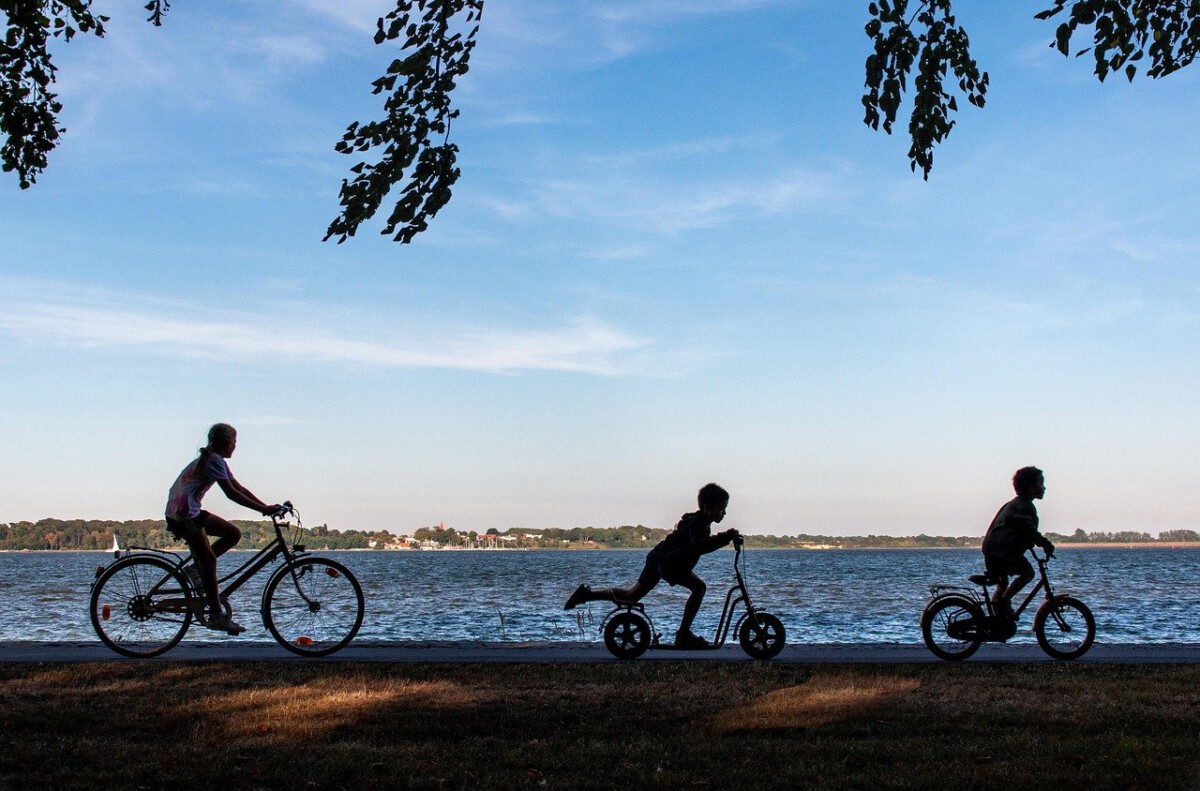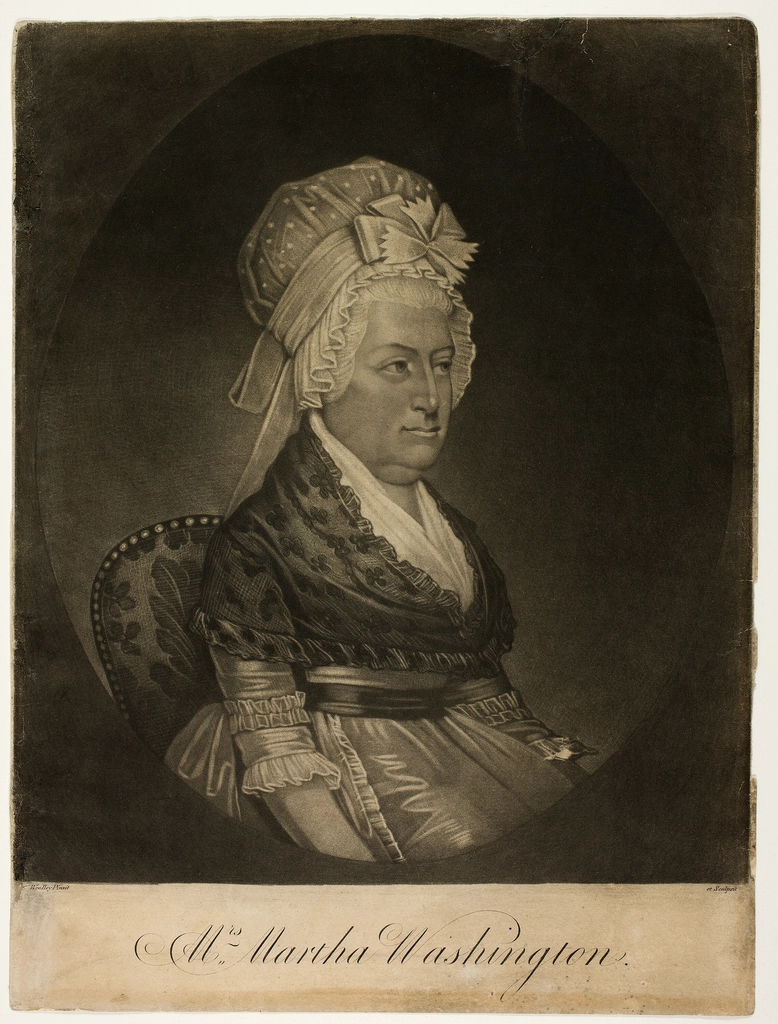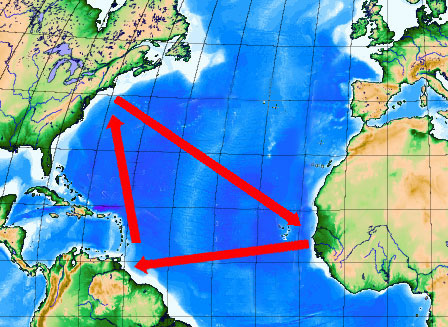Finland: The Pinnacle of Happiness

Finland continues to shine as the world’s happiest country with a 2025 World Happiness Report score of 7.8 out of 10. The Finnish recipe for happiness is rooted in its robust social support, which ensures that no one is left behind. Citizens enjoy free, high-quality education and universal healthcare, reducing daily stressors for families. Trust in government remains exceptionally high, with over 80% of Finns expressing confidence in their institutions in 2024, making everyday life feel more secure. Nature is never far away, with over 70% of the land covered in forests and thousands of pristine lakes, offering residents endless opportunities for recreation and relaxation. The low crime rate, ranking among the lowest in Europe, further bolsters feelings of safety. Finland’s culture, which values equality and environmental stewardship, instills a sense of pride and belonging. The simple joys—like sauna evenings or berry picking in the woods—are celebrated and accessible to all.
Denmark: A Model of Welfare

Denmark proudly sits near the top of the happiness charts, boasting a 2025 score of 7.6. This Scandinavian nation is well known for its extensive welfare system, which provides free healthcare, tuition-free education, and generous parental leave. The Danish concept of “hygge,” which means creating a warm, comforting atmosphere, helps foster strong community ties and a sense of peace in daily life. In 2024, nearly 75% of Danes reported high satisfaction with their work-life balance, thanks to flexible work hours and comprehensive childcare support. Denmark’s cities are designed for cyclists and pedestrians, making commutes healthier and less stressful. The country’s commitment to renewable energy, with wind power accounting for nearly 50% of electricity, resonates with eco-conscious citizens. Social trust is high, with corruption perceived as rare, and personal freedoms are highly valued.
Iceland: Nature and Community

With a happiness score of 7.5 in 2025, Iceland is a beacon of contentment powered by its stunning landscapes and cohesive society. Despite its small population of around 380,000, Icelanders enjoy a high degree of social support and close-knit communities. The country’s gender equality is among the world’s best, with women holding around 48% of parliamentary seats in 2024. Iceland’s education and healthcare systems are both state-funded and highly rated, ensuring equal access for all citizens. Outdoor life is a cornerstone of Icelandic happiness; geothermal hot springs, waterfalls, and volcanic terrain invite residents to explore and unwind. Iceland’s commitment to renewable energy is remarkable, as nearly 100% of its electricity comes from hydro and geothermal sources. Arts, music, and literature are celebrated and widely accessible, giving Icelanders a rich cultural life to enjoy.
Switzerland: Wealth and Well-Being

Switzerland remains a powerhouse of prosperity and happiness, scoring 7.5 in the 2025 report. Swiss citizens benefit from a strong economy with one of the highest GDPs per capita in the world. Universal healthcare and top-tier education are hallmarks of Swiss life, with high satisfaction rates reported by the OECD in 2024. The nation’s political stability—bolstered by a system of direct democracy—gives people a real sense of agency in shaping their society. Switzerland’s breathtaking alpine scenery is more than just a postcard image; it’s a playground for hiking, skiing, and relaxation, all easily accessible. The Swiss value punctuality, cleanliness, and order, which contributes to a smooth, low-stress environment. Safety is a given, with crime rates among the lowest in Europe, and the multicultural fabric of Swiss society adds vibrancy to everyday life.
Netherlands: A Happy Society

The Netherlands, with a happiness score of 7.4 in 2025, is celebrated for its progressive values and inclusive society. Dutch cities are famous for their bike-friendly infrastructure, with over 22 million bicycles for a population of just 17.7 million. Environmental policies are ambitious, aiming for a 49% reduction in carbon emissions by 2030, reflecting strong public support for sustainability. The Dutch place a high value on education, ranking in the top 10 globally for reading, math, and science according to the 2024 OECD assessments. Healthcare is universally accessible and ranked among the best in Europe, reducing anxiety about medical costs. Social support is strong, with 93% of Dutch people saying they can rely on someone in times of need. The country’s work-life balance is notable, with many people enjoying part-time work and regular vacations. Diversity and freedom of expression are celebrated, making it a welcoming place for people from all walks of life.
Norway: Nature and Equality

Norway’s happiness score of 7.4 in 2025 reflects a society built on equality, trust, and natural beauty. The nation’s sovereign wealth fund, the largest in the world, ensures economic stability and funds generous social programs. Healthcare and education are free and highly rated, giving Norwegians peace of mind about their future. Gender equality is prioritized, with women making up more than 45% of the workforce and strong protections for parental leave. Norwegians cherish their access to nature; over 80% regularly spend time outdoors, benefiting from the country’s mountains, fjords, and coastal beauty. Environmental stewardship is taken seriously, with over 98% of electricity coming from hydropower in 2024. Community life is vibrant, with festivals, sports, and traditions that bring people together. The sense of security is palpable, thanks to low crime rates and a transparent government.
Sweden: A Balanced Life

Sweden boasts a happiness score of 7.3 in the latest World Happiness Report, drawing from its strong social safety net and progressive values. Free healthcare and education are the norm, reducing financial worries for families and young adults. Sweden is a world leader in gender equality, with nearly half of all parliamentary seats held by women in 2024. The country’s parental leave policies are some of the most generous, allowing parents to share up to 480 days of paid leave. Environmental consciousness runs deep; Sweden aims to become carbon-neutral by 2045, and more than 54% of its energy comes from renewables. Swedes enjoy a healthy work-life balance, with a standard 40-hour work week and ample vacation time. The culture encourages spending time outdoors, whether it’s hiking, swimming, or simply enjoying a “fika” coffee break with friends.
New Zealand: A Land of Opportunity

New Zealand rounds out the list of happiest nations with a score of 7.2 in 2025. The country’s awe-inspiring natural landscapes, from rolling hills to rugged coastlines, play a big part in residents’ well-being. Universal healthcare and strong public education are cornerstones of Kiwi life, lessening financial burdens for families. In 2024, over 85% of New Zealanders reported feeling a strong sense of community and trust in their neighbors. The government is committed to environmental protection, with ambitious biodiversity and climate targets. Work-life balance is highly valued, with flexible hours and a focus on mental health in the workplace. The indigenous Māori culture is increasingly recognized and celebrated, strengthening national identity and inclusivity. Outdoor activities, from surfing to hiking, are woven into everyday life, making it easy to stay active and connected.
Afghanistan: A Country to Skip

Afghanistan remains at the bottom of the World Happiness Report with a dismal score of 2.5 in 2025. Decades of conflict and political instability have left deep scars, making daily life unpredictable and often dangerous. Access to basic services like healthcare and education is extremely limited, with only about 38% of children enrolled in primary school as of 2024. Economic hardship is widespread, with unemployment rates soaring above 30%. The situation for women and minorities has worsened, with severe restrictions on education and employment opportunities. High levels of corruption and lack of trust in government make it difficult for citizens to envision a better future. Many Afghans report persistent feelings of stress and hopelessness, reflecting the country’s ongoing humanitarian crisis. For those seeking happiness and stability, Afghanistan remains a tough place to call home.
South Sudan: A Country to Skip

South Sudan, scoring just 2.6 in the 2025 happiness rankings, faces overwhelming challenges that make daily life extremely difficult. The country is plagued by ongoing civil conflict and widespread violence, displacing millions and disrupting communities. Access to clean water, food, and healthcare is a struggle for many, with malnutrition rates among the world’s highest. Economic instability is rampant, with inflation and unemployment making it hard for families to survive. Education opportunities are limited, with only about 27% of children able to attend school in 2024. Gender inequality is deeply entrenched, with women and girls facing significant barriers to health, safety, and education. Corruption and lack of infrastructure further erode trust in institutions. For those seeking a stable and happy life, South Sudan’s current reality is far from ideal.
Central African Republic: A Country to Skip

The Central African Republic (CAR) is among the world’s least happy nations, with a 2025 score of 2.7. Years of conflict and political turmoil have devastated infrastructure and public services, leaving many citizens without basic necessities. Healthcare and education systems are in crisis, with less than 10% of children completing primary school as of 2024. Poverty is widespread, with over 70% of the population living below the international poverty line. Violence and insecurity are persistent, forcing millions to flee their homes or live in constant fear. Social and gender inequalities are stark, limiting opportunities for women and marginalized groups. Corruption remains a major obstacle to progress, with little faith in public institutions. The daily struggle for survival overshadows any sense of hope or happiness for many in the CAR.






